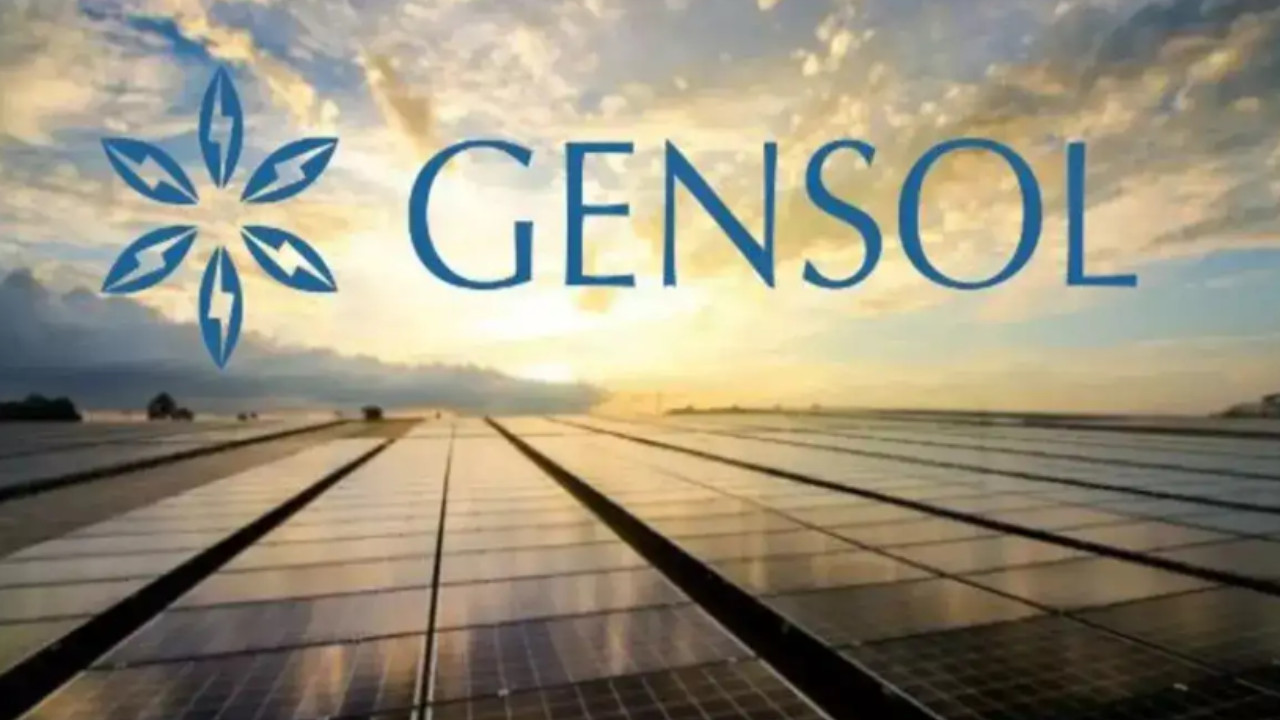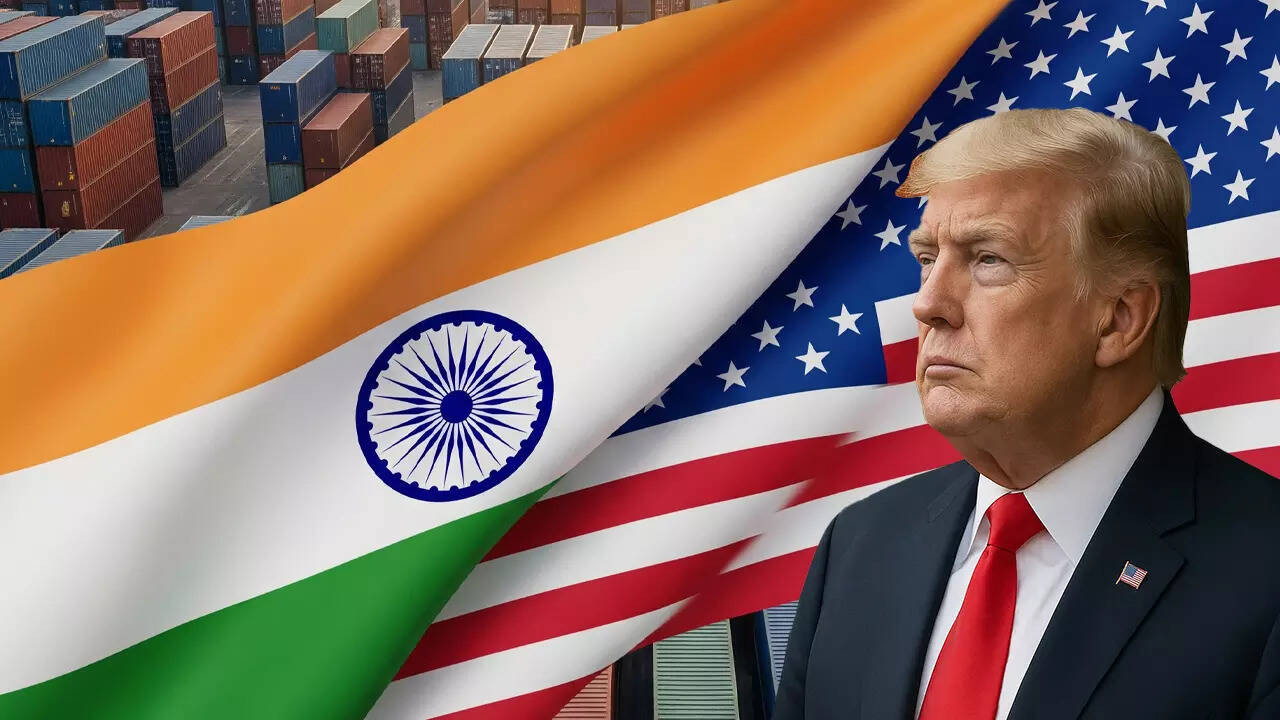Gensol’s Solar Dreams Clouded: A Story of Ambition, IREDA, and the Razor’s Edge
The solar power sector in India is buzzing, a field ripe with potential and driven by government incentives to fuel our renewable energy future. But even in the brightest of gardens, shadows can linger. Lately, one such shadow has fallen over Gensol Group, a name synonymous with ambitious solar projects and electric vehicle innovation.
You might know Gensol from their aggressive forays into the EV market, or perhaps you’ve seen their name attached to a large-scale solar installation. Whatever the case, the company has certainly been making waves. However, recent news paints a less rosy picture, hinting at financial turbulence that could seriously impact their trajectory.
The core of the issue? A significant debt owed to the Indian Renewable Energy Development Agency (IREDA), a crucial government institution that provides financial assistance to renewable energy projects. According to reports, Gensol’s inability to meet its repayment obligations to IREDA has triggered insolvency proceedings. That’s a pretty big deal, signaling a potentially rocky road ahead for the company.
IREDA’s role here is crucial. They are, in essence, the lifeblood of many renewable energy ventures, providing the capital needed to transform ambitious ideas into tangible solar farms and wind turbine installations. When a company defaults on its obligations to IREDA, it’s not just a financial hiccup; it sends ripples through the entire ecosystem. It casts a long shadow over investor confidence and can potentially hinder the progress of other renewable energy projects in the pipeline.
So, how did Gensol find itself in this predicament? While the official details are still unfolding, we can speculate on a few potential contributing factors. The renewable energy sector, despite its bright prospects, is not without its challenges. Projects often require significant upfront investment, with returns only materializing after several years of operation. Factors like fluctuating material costs, unforeseen delays in project execution, and even unfavorable weather conditions can significantly impact profitability and debt repayment capacity.
It’s also worth noting the incredibly competitive landscape within the solar energy sector. Margins can be razor-thin, and companies are constantly vying for contracts and pushing the boundaries of innovation to stay ahead. This pressure can lead to aggressive expansion strategies, which, if not managed carefully, can strain a company’s financial resources.
Perhaps Gensol’s rapid expansion into both the solar and electric vehicle sectors stretched them too thin. Juggling multiple ambitious projects requires impeccable financial management, and any misstep can have cascading consequences.
What’s particularly interesting is Gensol’s recent forays into the EV space. While undoubtedly a promising sector, the EV market in India is still nascent. Establishing a foothold requires substantial investment in infrastructure, research and development, and marketing. It’s possible that these investments, while strategic in the long run, diverted resources away from servicing their existing obligations.
The insolvency proceedings will likely involve a restructuring of Gensol’s debt and a reassessment of its assets. The goal, ideally, is to find a solution that allows the company to continue operating and ultimately fulfill its obligations to IREDA. This could involve selling off assets, attracting new investment, or renegotiating repayment terms.
The situation surrounding Gensol serves as a crucial reminder of the delicate balance between ambition and financial prudence in the renewable energy sector. While the drive to innovate and contribute to a sustainable future is commendable, it’s equally important to maintain a strong financial foundation. This case highlights the inherent risks involved in large-scale renewable energy projects and the vital role that institutions like IREDA play in ensuring the stability of the sector.
For those of us watching from the sidelines, the next few months will be critical in determining Gensol’s fate. Will they be able to weather this storm and emerge stronger, or will their solar dreams fade? The answer will not only affect Gensol and IREDA but could also influence investor confidence and the overall trajectory of the renewable energy landscape in India. It’s a high-stakes game, and the outcome is far from certain. One thing is for sure: the story of Gensol serves as a compelling case study in the complexities and challenges of building a sustainable future.
📬 Stay informed — follow us for more insightful updates!







